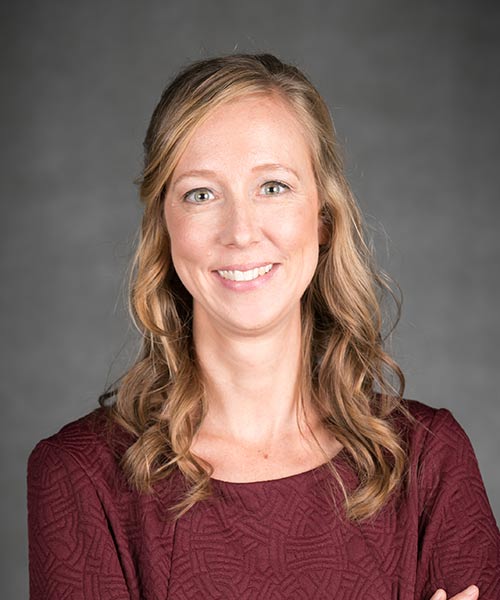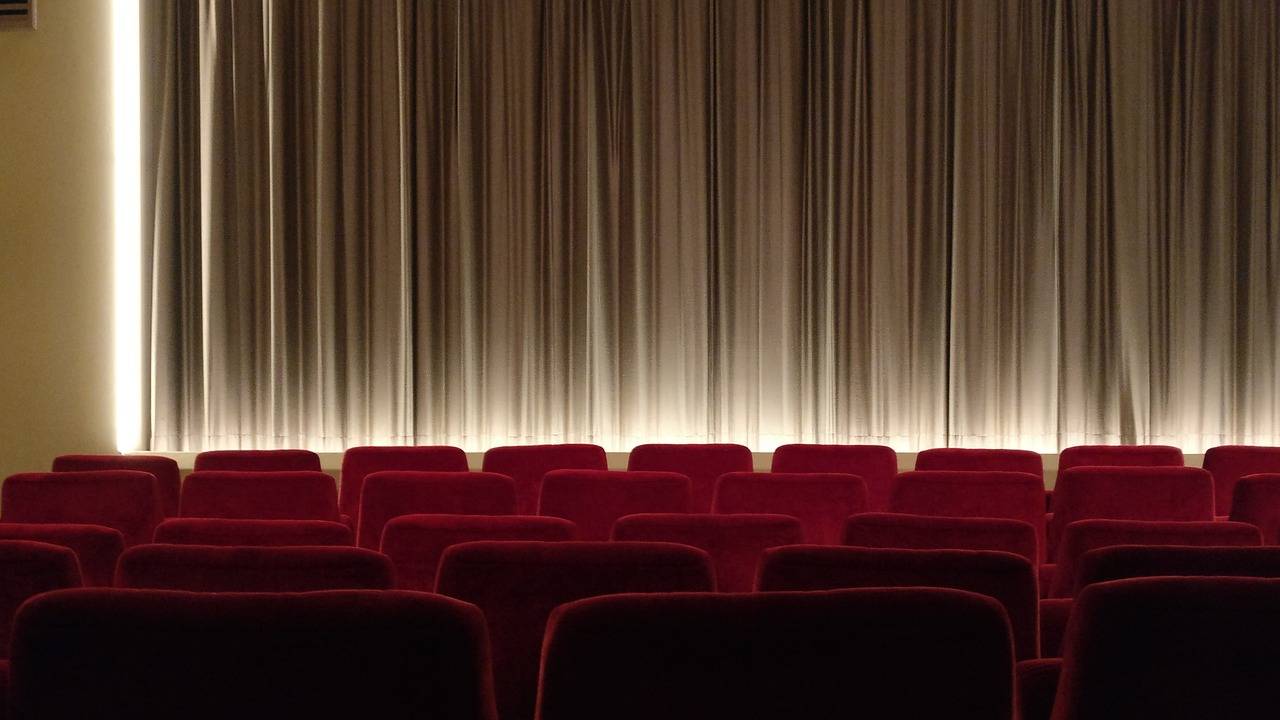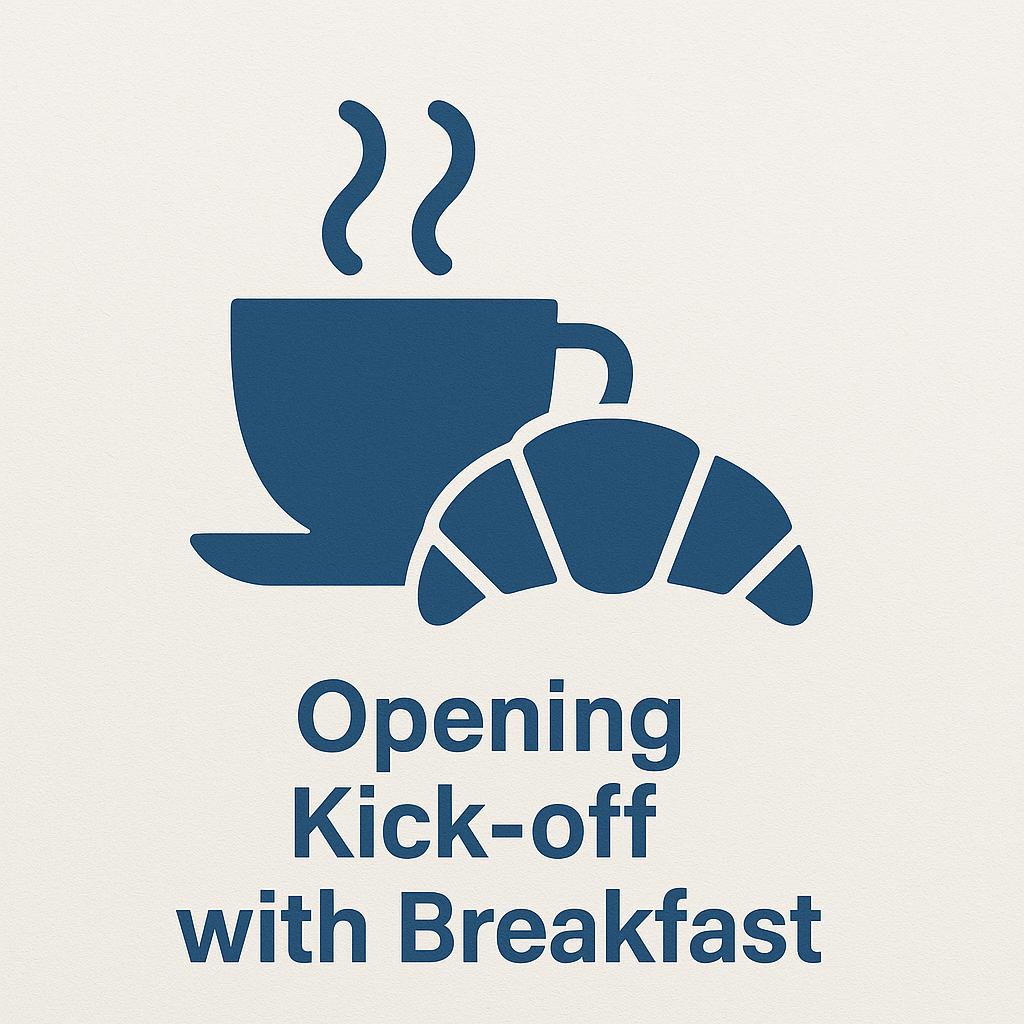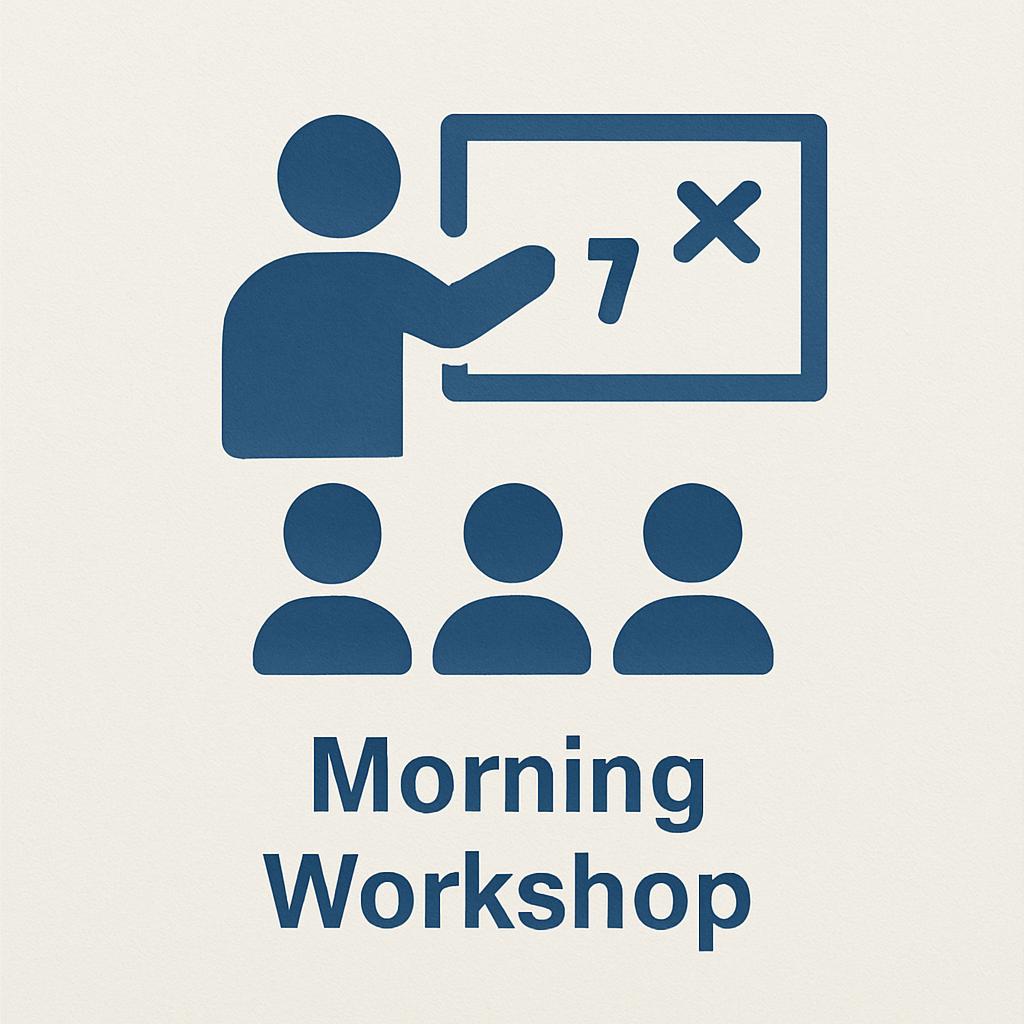Presentation 1
Supporting Marginalized and First-Gen Students: Takeaways from the Experiences of MSU Bears Lead Students
Educational research examining the experiences of marginalized and first-generation college students has consistently demonstrated multiple, intersecting barriers that impact their educational success, persistence, and psychosocial well-being (Flynn et al., 2011; Irvin et al., 2012; Thiem & Dasgupta, 2022). These students often enter college having experienced inequitable access to college preparatory resources, advanced placement opportunities, extracurricular activities, and other college readiness programs, which significantly affect their academic preparation and self-efficacy (Duffy et al., 2023). In this session, we will explore the experiences of MSU students in the Bears Lead program, a two-year college transition program for first-time college students that focuses on promoting student retention, persistence, and graduation.
In particular, this session will discuss:
(1) the overall perceived climate for Bears Lead students,
(2) the impact of identity on academic and general psychological well-being,
(3) barriers to student success and retention based on marginalized status,
(4) factors that mitigate those barriers, and
(5) possible interventions for students and educators (academic advisors and professors) to facilitate academic success for Bears Lead students.
Presenter(s)


Not Pictured
- Ashley Houston, McQueary
Presentation 2
The Use of Case-Based Experiential Learning for Students in a Graduate-level Healthcare Program
Multiple opportunities for case-study based, hands-on learning activities are provided throughout the educational experience of occupational therapy (OT) students at Missouri State University. Utilizing concepts from experiential learning and reflective practice theory, first year OT students in a Clinical Biomechanics course participated in a multi-phase, case-based, hands-on learning activity. To increase understanding of the relationship between multiple foundational biomechanical concepts and the role of occupational therapy in intervention, student groups were provided with a case study and tasked with designing, constructing, and testing a simulated lower extremity (LE) prosthetic for an individual with a below-knee amputation (BKA).
Presenter(s)

































